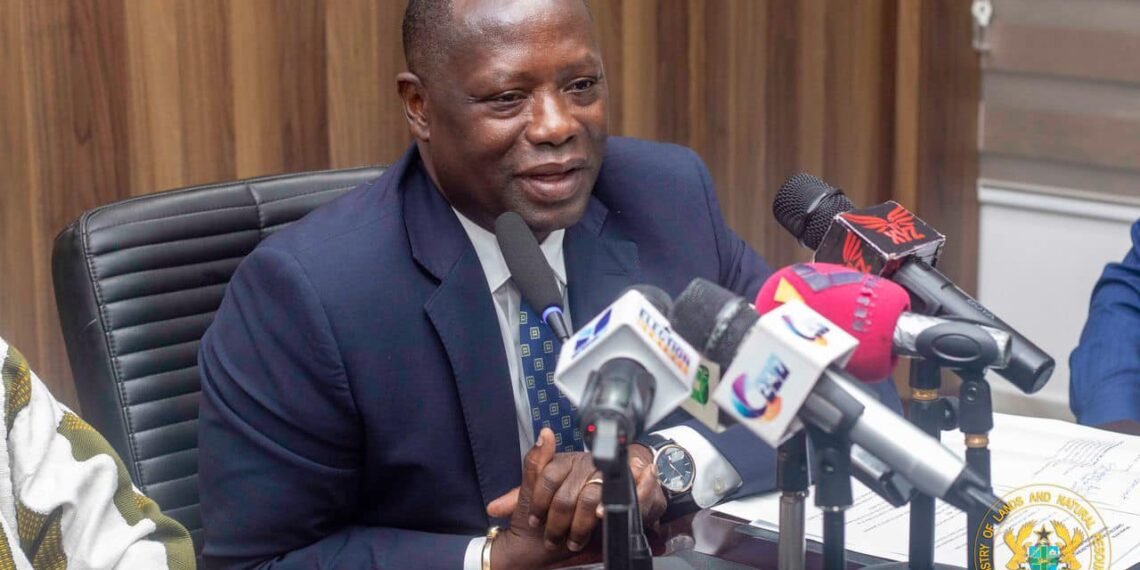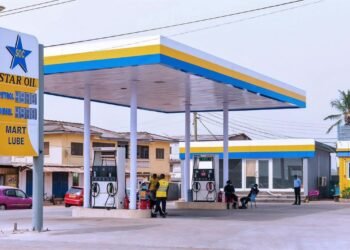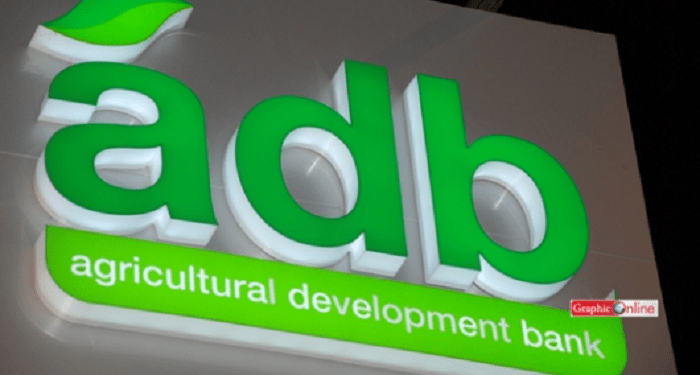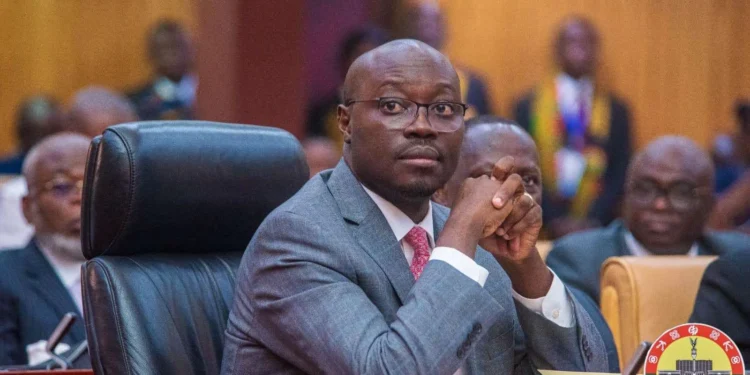Renowned investigative journalist and anti-corruption advocate Manasseh Azure Awuni has charged the Lands and Natural Resources Minister Hon. Emmanuel Armah-Kofi Buah, to back off his directive for a seven-day resolution to a commercial dispute between Azumah Resources Limited and Engineers & Planners (E&P).
Manasseh described the Minister’s order as ill-conceived, legally problematic, and potentially damaging to investor confidence and the rule of law in Ghana.
“Dear Emmanuel Armah-Kofi Buah, I have read a press statement in which you ordered Azumah Resources Limited and Engineers & Planners (E&P) to resolve their differences amicably within seven days.
“If they fail to resolve their differences, you warned, the government would make a decision ‘in the best interest of the country’. Your statement is problematic on many fronts, but I want to settle on the obvious ones.”
Manasseh Azure Awuni
Manasseh laid out his understanding of the issue, describing the conflict as a contractual stalemate involving the attempted sale of a mining concession owned by Azumah Resources to Engineers & Planners.
According to Manasseh, Azumah Resources claims that E&P breached the initial sale agreement and has thus withdrawn from the deal. E&P, on the other hand, maintains that it is within its rights to proceed with the purchase.

Government’s Intervention Questioned
Manasseh questioned the logic and legality of the government’s directive in what is essentially a private commercial disagreement currently under legal arbitration.
He likened the government’s role to that of a real estate developer from whom Azumah had previously purchased a property, stressing that the state has no legal basis to interfere in the subsequent dispute between buyer and seller.
“If the two parties, private companies, are litigating a transaction at the appropriate quarters, why does the state jump in and order a seven-day resolution?. You and your government are not a court. You are not in charge of the arbitration. So, on what basis are you giving them seven days?”
Manasseh Azure Awuni
Manasseh warned that any form of state intervention could significantly compromise the integrity of the arbitration process.
He also pointed out the dangers of setting such a precedent, suggesting it could be interpreted as a form of state coercion designed to pressure Azumah into accepting a settlement that may not be in its interest.
He further outlined the potential outcomes of government intervention—none of which, in his view, would serve the interest of the state.

These include the government seizing the mine and reverting ownership to the state, handing it over to E&P, or subjecting the mine to a fresh bidding process.
All these, he argued, would open the door to fresh litigation, with Azumah Resources likely seeking judgment debt—a burden that would fall on the Ghanaian taxpayer.
“Azumah Resources will head to court and ask for a judgment debt. We know that judgment debts are not charged to the account of the ministers and government officials whose recklessness, greed, and wickedness occasion the debt.
“So, the state would be saddled with the debt. Azumah Resources will smile at the bank, and the beneficiaries of the new sale, which could be Engineers & Planners or someone else, will be pleased to have the strategic state asset.”
Manasseh Azure Awuni
Minister’s Interest
He posed a biting question to the Lands Minister: “So, whose interest are you talking about in your statement, Mr. Minister?” In Manasseh’s view, the only legitimate course of action is for the state to remain neutral and allow the legal and arbitration processes to take their full course.
His statement also highlighted a critical conflict-of-interest dimension, pointing out that Engineers & Planners is owned by Ibrahim Mahama, the brother of President John Dramani Mahama.
While he stopped short of accusing the President or his brother of direct interference, Manasseh warned that any state action perceived to favour E&P would severely damage public trust and cast doubt on the Minister’s objectivity.
He expressed particular concern that the Minister’s ultimatum might be interpreted as a veiled warning to Azumah Resources to capitulate or face state retaliation.
“Your seven-day ultimatum could be read as a warning to Azumah to accept the current arrangement or risk losing everything. What you have done is tantamount to tying the hands of Azumah in the boxing ring of litigation.”
Manasseh Azure Awuni
While acknowledging the possibility that Minister Buah’s commitment to the “interest of the country” may be genuine, Manasseh was quick to challenge the Minister’s record on other pressing issues, particularly illegal mining. “You’re yet to demonstrate that in the fight against illegal mining (galamsey), which poses a mortal threat to the survival of our republic,” he charged.

Manasseh concluded by urging the Minister to refocus his patriotic intentions on tackling illegal mining—arguably one of the most pressing threats to Ghana’s natural resources and future—rather than interfering in a legal process between two private entities.
“Apply your love for the country and interests to the galamsey fight, and let the courts and those handling the arbitration determine which of the two parties is right in this matter. It will save the president from a possible accusation of conflict of interest.”
Manasseh Azure Awuni
In a country where perceptions of political favouritism can undermine both public trust and foreign investor confidence, Manasseh’s call serves as a timely warning. The journalist’s insistence on judicial independence and ministerial restraint is a reminder that the rule of law must always prevail over expedient political interventions.
READ ALSO: Gov’t Pumps GH₵1.4bn into NIB to Avert Collapse Ahead of IMF Review























